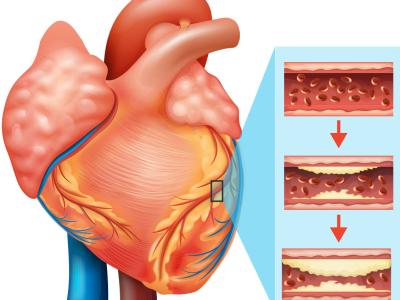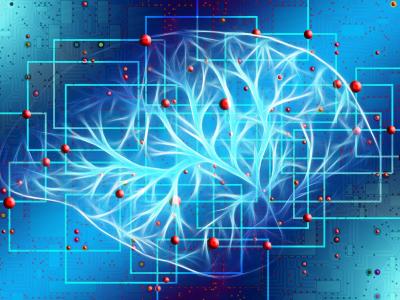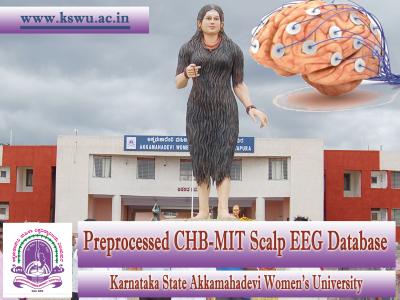Facial Paralysis Dataset

- Citation Author(s):
- Submitted by:
- Nazil Perveen
- Last updated:
- DOI:
- 10.21227/6dsz-7d76
- Data Format:
 4192 views
4192 views
- Categories:
- Keywords:
Abstract
Facial paralysis is the loss of facial muscle movement
either in one side or both sides of the face due to the facial
nerve damage. Currently, the subjective assessments are widely
used techniques to determine the measure of degree with which
the patient is affected. However, the subjective assessments are
highly dependant on the expert’s view and a few sets of grading
rules. In this paper, the quantitative assessment to measure the
degree of facial paralysis is proposed. The video database of
facially paralyzed patients, which consists of seven different views
and multiple subjects with ten different expressions are collected
under three experts supervision. Inorder to capture the variations
present in multiple views and subjects across all the expressions, a
large Gaussian mixture model (GMM) is trained. A feature vector
is obtained from each expression using a maximum a posteriori
adaptation (MAP). The dimension of the adapted feature vector
is very high and contains redundant attributes. So, we reduce
the dimension of the feature vector using factor analysis, which
contains pertinent attributes. The proposed work is evaluated on
the video database of 39 facially paralyzed patients of different
age groups and gender. Based on the facial paralysis effect,
experts assign subjective scores to patients using Yanagihara
grading rules, which are further used as ground truth. We also
show the efficacy of the proposed approach by measuring the
different degree of facial paralysis for all 10 types of expressions
better than existing approaches for quantitative assessment.
Instructions:
a represents the age of 17year old patients, similarly b - 18-29, c - 30-44, d - 45-59, e - 60-69, f - 70
f represents male and m represents the female candidate
001 represents the expression type (000-EP0, 001-EP1..... and 009-EP9)
Camera1 represent view 0 degree (camera2 30 degree.....camera7-180 deg
The zip file is password protected. Kindly email to the author for the password and the consent form.
For more detail or query please email to cs14resch11006@iith.ac.in or 786.nazil@gmail.com







In reply to cc by yufei wu
Does this contain bells palsy affected persons